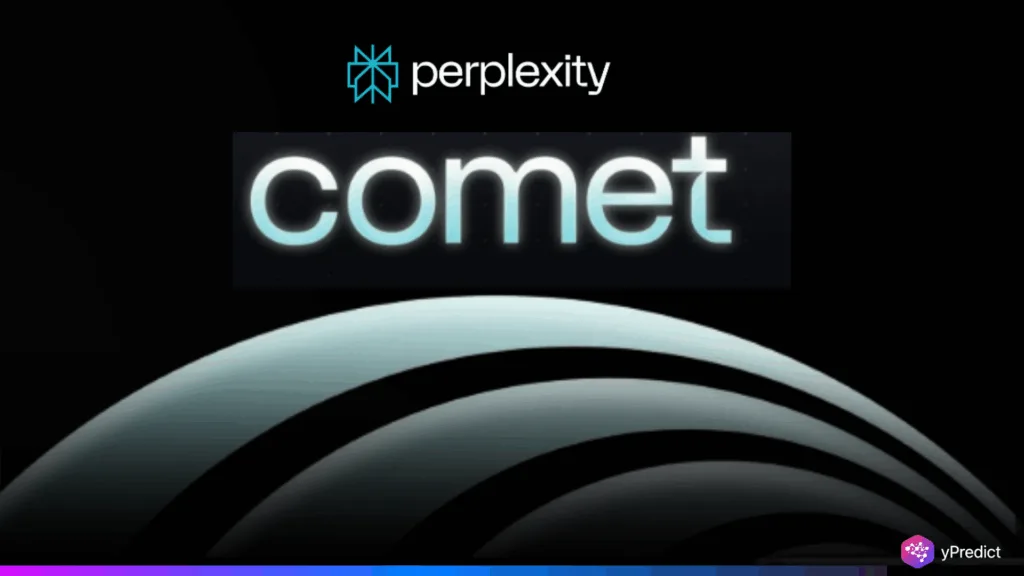
In July 2025, Perplexity AI released its new Comet browser that promises an enhancement in the browsing experience that is powered by AI. Developed upon the Chromium engine, Comet incorporates functionality such as a summary of the content, automated tasks, management, and a distinctive fact-checking system, which makes it possible to check online statements in the process. As AI continues to be at the center of our experience within the digital world, Comet signifies itself as not simply a browser but the means to fight against lies. Its “/fact-check” shortcut allows users to challenge questionable posts and content using credible sources, addressing growing concerns about misinformation, especially across social media platforms like X.
AI Agentic Features That Transform the Browsing Experience
Comet doesn’t just browse; it assists. Unlike traditional browsers, it comes embedded with the Comet Assistant, a tool that helps users manage tabs, summarize web content, draft emails, and even book appointments. Its defining feature, however, is customizable shortcuts. The @PerplexityComet team demonstrates the most talked-about “/fact-check,” which quickly verifies online claims by sourcing information from credible outlets.
Launched initially to Perplexity Max subscribers and waitlisted users, Comet promises more than passive browsing. It’s built to act, not just search. AI-generated summaries appear alongside results, helping users parse reliable information without opening multiple tabs. Early reviewers from TechRadar and Android Police say it feels like “an intern on the web.” The browser can also summarize YouTube videos, news articles, and shopping lists, creating a multitasking hub for serious users. While some find it overly complex, others appreciate the leap toward agentic software, tools that take initiative based on context.
By embedding AI at its core, Comet aims to become not just an alternative to Chrome or Edge, but a browser that evolves with its users’ needs and defends against digital chaos.
Why Fact-Checking Matters Now More Than Ever in the Browser Wars
The timing of Comet’s fact-checking tool couldn’t be more relevant. On July 31, 2025, Pop Crave mistakenly labeled High Noon vodka seltzers as Celsius energy drinks in a viral post. While the error was corrected, the health risk and viral spread underscored how fast misinformation travels online and why verification tools must keep pace.
The “/fact-check” feature helps users fact-check these claims by searching reliable sources using Perplexity’s AI engine. This aligns with findings from a 2023 Journal of Medical Internet Research study, which reported AI-powered fact-checking significantly reduced misinformation exposure. Platforms like X thrive on speed and sensationalism; Comet counters with precision and accountability. As Google integrates Gemini into Chrome and Microsoft pushes Copilot via Edge, Comet carves a distinct niche. It centers its value not just on productivity, but on truth, trust, and smarter information flow. In a web ecosystem flooded with AI-generated content and viral noise, Comet’s design marks a serious step forward for consumer protection and information hygiene.
Comet Signals a New Phase in Smart, Trustworthy Browsing
Comet by Perplexity AI isn’t just a new browser; it’s a response to the growing demand for reliable information. Its fact-checking features and AI assistant mark a shift toward agentic software, where the browser helps users act intelligently in real time. Although rivals prefer to concentrate on AI assistants, Comet has its mission premised upon fighting misinformation and improving the digital focus. Both in verifying viral social posts and in coordinating anything over the web, it is the next step in the AI-assisted browsing experience, one that is all about accuracy but also truth and confidence in the tumultuous online landscape.






